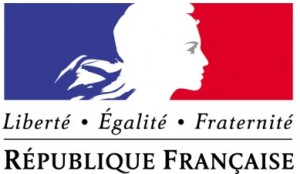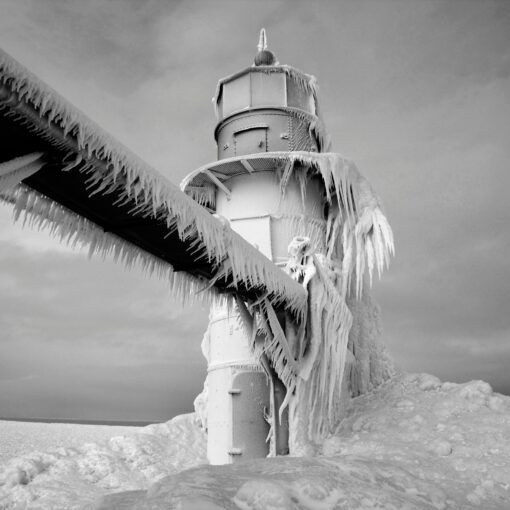Justin Gundlach
Climate Law Fellow
 New rules make France a leader in national and international efforts to integrate factors related to climate change into financial disclosure requirements. On December 31, 2015, the French Treasury Department published Decree no. 2015-1850 in the Journal Officiel de la République Française France’s equivalent of the U.S. Federal Register (English summary translation). That Decree gives effect to Article 173 of the Energy Transition for Green Growth law (la loi relative à la transition énergétique pour la croissance verte), enacted in August 2015. The Decree imposes a number of reporting requirements on institutional investors and financial asset managers headquartered or registered in France. It anticipates—but also goes further than—the EU-wide disclosure requirements due to take effect in 2017 pursuant to Directive 2014/95/EU, issued by the European Parliament and Council in October 2014.
New rules make France a leader in national and international efforts to integrate factors related to climate change into financial disclosure requirements. On December 31, 2015, the French Treasury Department published Decree no. 2015-1850 in the Journal Officiel de la République Française France’s equivalent of the U.S. Federal Register (English summary translation). That Decree gives effect to Article 173 of the Energy Transition for Green Growth law (la loi relative à la transition énergétique pour la croissance verte), enacted in August 2015. The Decree imposes a number of reporting requirements on institutional investors and financial asset managers headquartered or registered in France. It anticipates—but also goes further than—the EU-wide disclosure requirements due to take effect in 2017 pursuant to Directive 2014/95/EU, issued by the European Parliament and Council in October 2014.
The Decree is the product of a multi-year collaboration between French and EU legislators, regulators, and staff at the 2° Investing Initiative.
Further details are available below the jump; anyone wanting additional information about the Decree should contact Jakob Thomä, Deputy Director of the 2° Investing Initiative.
What entities are affected?
The Decree targets institutional investors. That category includes French insurance companies, pension and social security fund managers, financial asset management companies, the Caisse des Depots et Consignations (the public entity that manages French civil servants’ pensions), entities that provide supplemental pensions for public or private workers, and any local government officials’ pension funds subject to France’s Monetary and Financial Code. Thus financial firms that have registered as financial asset managers in France must comply, meaning that the Decree affects not only French financial entities but also those registered in France but headquartered abroad, like Allianz IG and Deutsche Bank’s asset management group. In additional to financial firms, the rule also encompasses French industrials such as Électricité de France and Total S.A., as well as French subsidiaries of foreign industrials and industrials headquartered abroad but registered to do business in France.
What must they do?
The Decree’s requirements are detailed; only a few highlights are described here.
In general, entities subject to the Decree must indicate how the companies in which they invest provide information to investors, shareholders, clients, beneficiaries, etc. about environmental, social, and governance (ESG) factors. Thus, if 20% of an institutional investor’s portfolio is invested in companies that participate in a carbon offset program or sustainable forestry effort, that institutional investor must report both the nature and proportion of that participation.
More specifically, entities subject to the decree must disclose “climate risks,” meaning (1) physical risks arising from climate change, such as sea level rise, and (2) “transition risks,” like those that attend investments in assets likely to become “stranded” or suddenly de-valued as a result of efforts to derive energy from non-fossil resources. These categories align with those set forth by the G-20’s Financial Stability Board in its November 2015 proposal, discussed here.) In addition, entities must report how investees’ policies align—or fail to align—with national and international decarbonization goals.
The Decree also requires disclosure of the methodologies used by reporting entities to arrive at their characterization of investee companies’ policies and climate risk exposure. This in particular sets the Decree apart from the somewhat vague Guidance issued in 2010 by the U.S. Securities and Exchange Commission on climate change-related disclosures.



